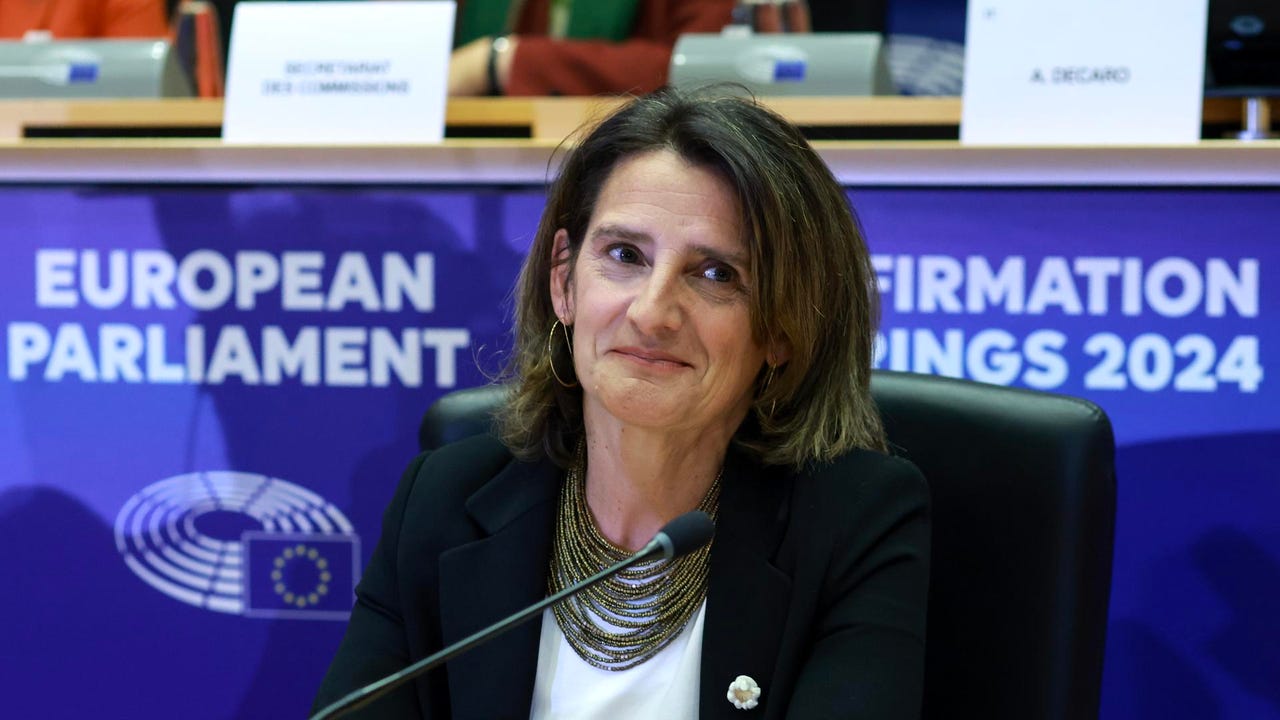If there is one term that has marked European politics over the last five years, it is the Green Deal. The European Green Deal originated in a communication from the European Commission in November 2019.
Indeed, Ursula Von der Leyen had already referred to its will – and to a certain extent to its foreseeable content – in her ‘constitution’ speech after her first appointment as President of the Commission.
The European Green Deal unfolded in dozens of communications covering agriculture, livestock, industry, energy and transport. Virtually no sector of economic activity was left unaffected. The communications were followed by draft directives and regulations.
The European Green Deal was seen by some as the necessary transition of the European economy from coal and fossil fuels to alternative renewable energies; from production to sustainability.
For others, the European Green Deal was nothing more than the systematic implementation of the principles, objectives and targets that make up the Sustainable Development Goals; a macabre plan for the transformation of our economy: from employment to unemployment; from industry to relocation; from the primary sector to massive imports.
The truth is that the end of the last legislature and much of the political discourse in the European elections revolved around the green pact and its consequences. The undeniable damage suffered by European farmers and livestock breeders – subject to rigorous health and environmental standards – forced to compete under unfair conditions with countries where such standards are not required, or the fall in car production in a failed transition to electric vehicles are perhaps the two most critical points.
 The first part of the year 2024 was marked by demonstrations, rallies and actions of all kinds by the primary sector throughout Europe. And in its second part, the closures of car factories and announcements of mass redundancies in the industry. Undoubtedly, those most critical of the European green pact seem to be winning the day.
The first part of the year 2024 was marked by demonstrations, rallies and actions of all kinds by the primary sector throughout Europe. And in its second part, the closures of car factories and announcements of mass redundancies in the industry. Undoubtedly, those most critical of the European green pact seem to be winning the day.
This week in the European Parliament – which had its last plenary session – the European green deal was back on the table. Teresa Ribera appeared as vice-president for just and clean transition and competitiveness in a debate that revolved around the competitiveness of the European economy and the impact of the legislative texts already approved. Nicola Procaccini, Italian MEP for Fratelli, acted as master of ceremonies.
Teresa Ribera disappointed. Of course, she did not disappoint those who already knew her, namely the Spanish MEPs. She was shown for what she really is: a climate change fanatic; less concerned about the future of European workers, families and businesses than about meeting sustainable development goals.
The urgency of submitting a full report on the impact that the green deal rules are having on the European economy was overwhelming. The European People’s Party, which was the main driving force behind the Green Deal in the last legislature, seems to be backtracking in view of its electoral results in the last elections in the Czech Republic, Austria or Romania; and aligned itself with the group of conservatives and reformists, patriots and sovereigntists, highly critical of Von der Leyen.
Such an impact report or reports cannot be done only by assessing how they have affected the environment, but also by assessing their effects on employment, business productivity, competitiveness in international markets, and business performance or profit.
Any transition that leads to a loss of wealth in Europe should logically be discarded. Brazil, India, Turkey, China or the United States are playing this game and Europe cannot be left out.
I may be wrong but things are changing. And very fast. At least in the European Parliament and possibly in the next one or two year cycle, also in the Council. The von der Leyen II Commission will not be able to push through all its projects as in the last legislature and the ‘ambitions’ of fanatics like Ribera will be put aside.



 Subscribe
Subscribe